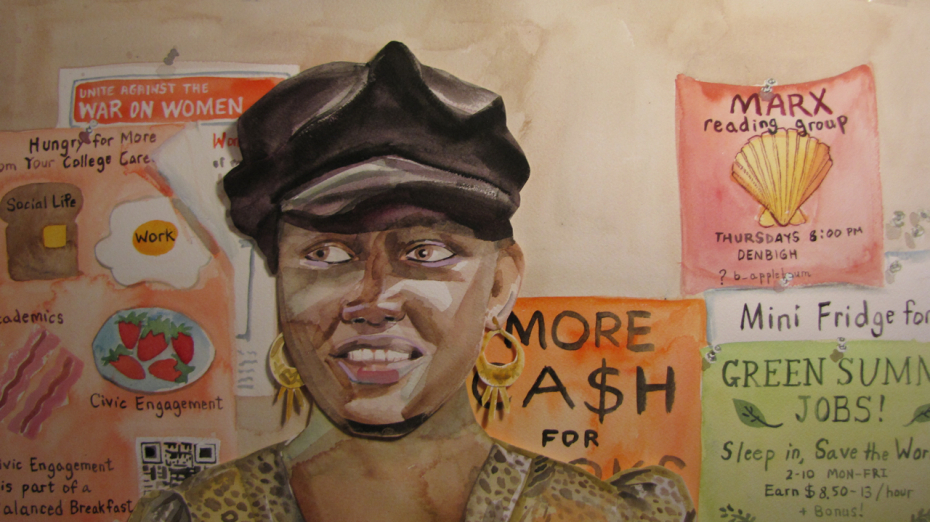WEST LONG BRANCH, N.J.–The push of motherhood started at a young age, when all the girls in my neighborhood would get together and play house or act out their lives through Barbie dolls. Everyone would fight over who got to play the “mom” or which doll-children their Barbie would have while I sat and watched, disinterested. I liked the role of “next-door neighbor,” or flexing my creativity on excuses as to why I couldn’t play. Fast-forward ten years later, and not much has really changed.
While now I’m stressing over final projects and finding a job, it seems that every time I log onto any social media, someone I am friends with is having a baby, holding a baby, or sharing videos of babies doing funny stuff. I feel bombarded with everyone else’s baby fever and wonder if I am the only one disinterested in the phenomenon of having kids. But, after a little research, I discovered I’m not alone.
According to a Pew Research study, in 2010, nearly one in five women in America were childless. The same study indicated that in the 1970s, it was only one in ten. In addition to this, a 2014 New York Post article provided data which showed that the number of women having children in that age range has dropped nearly 10 percent.

However, despite the numbers showing women opting to either postpone having kids or not have them at all, there is still a strong societal pressure for women to become mothers. For example, after actress Jennifer Aniston’s divorce from Brad Pitt, tabloids branded her as heartbroken and barren. The headlines increasingly mocked Aniston’s single, childless lifestyle as Pitt and his new wife, Angelina Jolie, continued to expand their family beyond adoption and have biological children.
In an interview with Today, Aniston said, “I don’t have this sort of checklist of things that have to be done, and if they’re not checked then I’ve failed some part of my feminism, or my being a woman, or my worth or my value as a woman.”
As in the case of Aniston, women who choose to be childless are often shamed for their decision. Almost every woman experiences this pressure from society or other outside forces–as if motherhood is the sole responsibility of a woman.
Ayse Yasas, a junior at Monmouth University, agreed with Aniston when she said, “I believe that if a woman decides that she doesn’t want to have kids or decides to wait longer than your average woman to become a mom, she shouldn’t be looked at as if she’s doing something wrong. Waiting until you’re ready is the smarter thing to do and the idea that a woman should just be the ‘baby maker’ is something of the past. Men aren’t judged for not having children, so why judge women?”
Ayse brings up an important point: men who don’t have children receive much less scrutiny than their female counterparts. A man who puts his work before starting a family is considered ambitious. A woman who puts her work before starting a family, on the other hand, is deemed cold and selfish.
We live in a world where women face discrimination on many fronts, such as making less money than men for the same work. On top of dealing with the skewed pay scale, women are expected to be the perfect wives, have an extensive group of girlfriends, kill it in the kitchen, and take care of the kids? That can’t be possible.
The aforementioned New York Post article showed that dog ownership has increased drastically within women ages 15 to 29 in recent years. It noted the correlation between the decline in babies and rise in dog ownership, dubbing the studied age range as “Generation Rex”.
Perhaps most notably, the article highlighted some of the benefits of being a dog mom, which included no pricey diapers, no crying to wake you up at 3 a.m., and no looking for a last minute babysitter because you haven’t gone out in two months and you need a drink. That all sounds pretty promising. Sorry to disappoint you, society, but for now and in the foreseeable future, the only kind of mom I plan on being is a dog mom.




